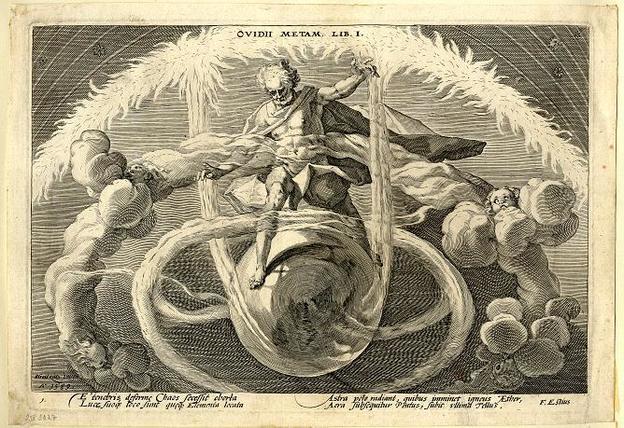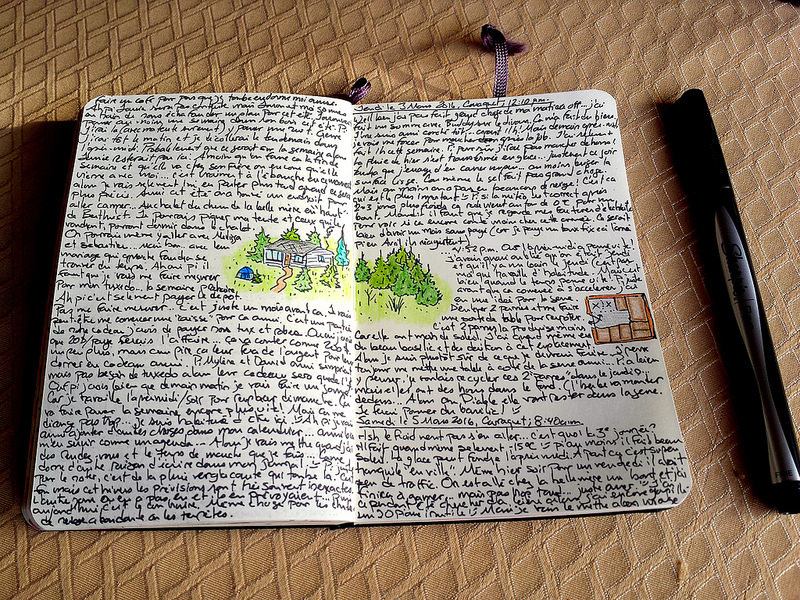SUMMER READINGS & ACTIVITIESI selected the readings and activities that we will dig into together this summer so that we can:
|
We all need and want the summer to be restorative, energizing, so I hope that you all will come to our summer work with enthusiasm, taking advantage of the fact that we have the luxury of time and space to interact with and reflect on the ideas in our summer work differently than we are able to during the rush of the school year.
While I am not assigning summer due dates, I am including a suggested calendar so that you can be sure you're on task. Putting off this summer work will rob you of the time to grapple with, reflect on, and question the difficult concepts around which our course is structured. If none of this sounds like fun to you, I would encourage you to reconsider your course requests. So banish apathy, jump in with both feet, and dig into the summer work with patience, enthusiasm, and, above all, curiosity! |
READING:
|
For each selection in the summer reading packet, ask yourself "why are we reading this? how does it connect to or proffer or reject the ideas and questions in and raised by the other pieces in the bound summer reading packet? what do I like about this? what about it frustrates me? why? what are the writers trying to accomplish here?" Make connections to the other readings, to things you already know, to pieces of literature you've read, to things outside of AP Lit or literature generally! think expansively!
WRITING:
|
You will turn in your commonplace books at the beginning of your first day of class. In your commonplace book, I want to see your in-process thinking from throughout the summer as you read and question and reflect and connect!
WRITING:
|
Create an AP Lit page. Then, as a subpage to your AP Lit page, create a Formal Writing page where you will publish your BrainPickings.org piece, explained below, as text, images, links, etc. on a page like these words are included on this one (NOT as an embedded PDF or as a link to another document). As another subpage to your AP Lit page, also create a Blog page (here's how). Use this page to publish blog posts at the intervals designated below (here's how).
WRITING:
sampling a sample,
remixing a remix
Sampling a Sample: Three Reflective Blog Posts, feat. Your CPB
Over the course of the summer, you will write three reflective blog posts, the first published in the middle of June, the second early in July, and the third early in August. These blog posts should contain at least 500 words and should
Remixing a Remix: Your Version of a BrainPickings.org-Style Piece
You will also construct a piece of writing that is your imitation of Maria Popova's BrainPickings.org pieces. In this first piece of formal writing, focus on the one key concept from our summer reading selections that most intrigues you and, as Popova does, weave in the connected central ideas from at least three other authors from our summer reading packet.
Begin by reviewing your thoughts on a handful of BrainPickings pieces so that you can see patterns in her approach and in how BrainPickings pieces work. Once you have a handle on this genre, choose what you deem to be an exemplar of Popova's style. Then perform a rhetorical analysis of that exemplar to understand precisely how it works visually, intellectually, and rhetorically, how long the longer pieces are, how they incorporate quotes, images, font and layout decisions, etc. What thinking and communication moves are distinctly Popova? What kinds of claims does she typically make? How does she communicate and support those claims? What do these pieces end up looking like? Why?
In addition to the piece itself, write a reflective cover letter that
You'll write cover letters like this one for each draft of each major piece of writing. So think about how you'd like to showcase them on your portfolio website now and publish this first iteration of a cover letter as well as your Remix of Popova.
Over the course of the summer, you will write three reflective blog posts, the first published in the middle of June, the second early in July, and the third early in August. These blog posts should contain at least 500 words and should
- reflect on the reading and writing you've accomplished up to that point,
- incorporate at least two photographs of pages from your commonplace book,
- communicate your thoughts on the images from your commonplace book that you chose to feature, and
- explain your current thoughts on and speculation about the class and what you imagine we'll accomplish together based on the work you've done to that point in time
Remixing a Remix: Your Version of a BrainPickings.org-Style Piece
You will also construct a piece of writing that is your imitation of Maria Popova's BrainPickings.org pieces. In this first piece of formal writing, focus on the one key concept from our summer reading selections that most intrigues you and, as Popova does, weave in the connected central ideas from at least three other authors from our summer reading packet.
Begin by reviewing your thoughts on a handful of BrainPickings pieces so that you can see patterns in her approach and in how BrainPickings pieces work. Once you have a handle on this genre, choose what you deem to be an exemplar of Popova's style. Then perform a rhetorical analysis of that exemplar to understand precisely how it works visually, intellectually, and rhetorically, how long the longer pieces are, how they incorporate quotes, images, font and layout decisions, etc. What thinking and communication moves are distinctly Popova? What kinds of claims does she typically make? How does she communicate and support those claims? What do these pieces end up looking like? Why?
In addition to the piece itself, write a reflective cover letter that
- contextualizes the piece for your readers,
- names and links to the specific BrainPickings pieces you most respected and mostly closely tried to emulate,
- explains the rhetorical moves you hoped to make, and
- describes how you incorporated strategies you recognized in Popova's own pieces.
You'll write cover letters like this one for each draft of each major piece of writing. So think about how you'd like to showcase them on your portfolio website now and publish this first iteration of a cover letter as well as your Remix of Popova.




